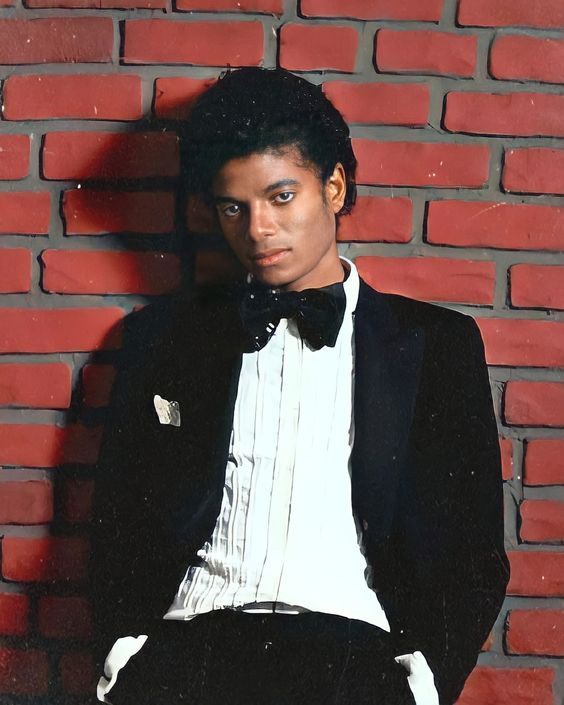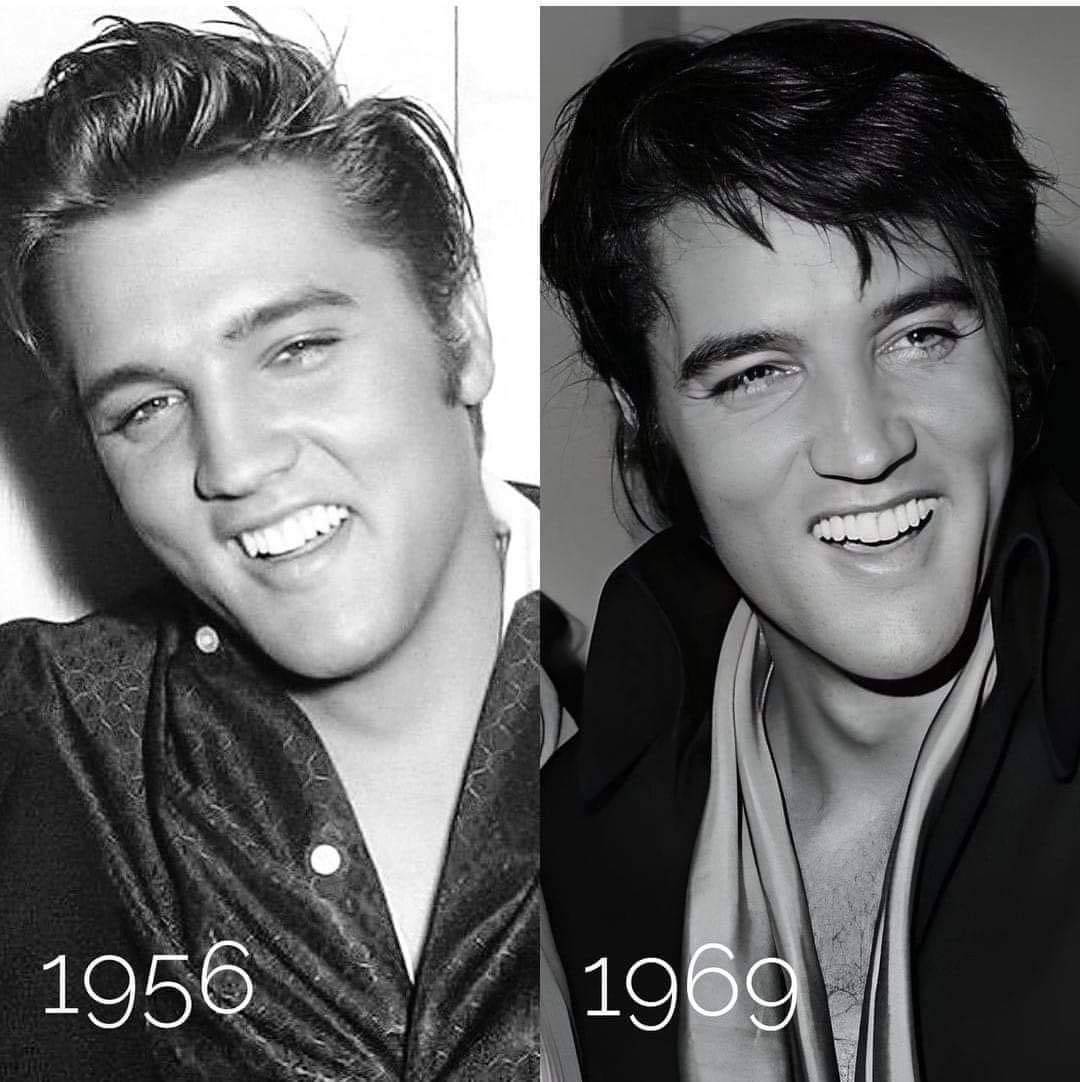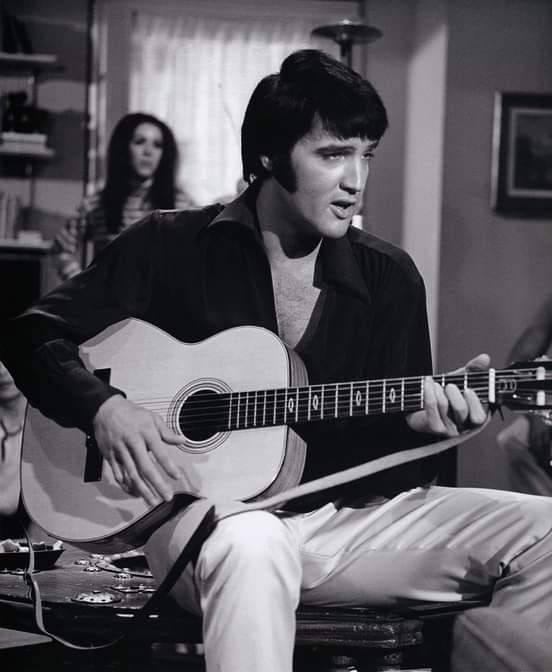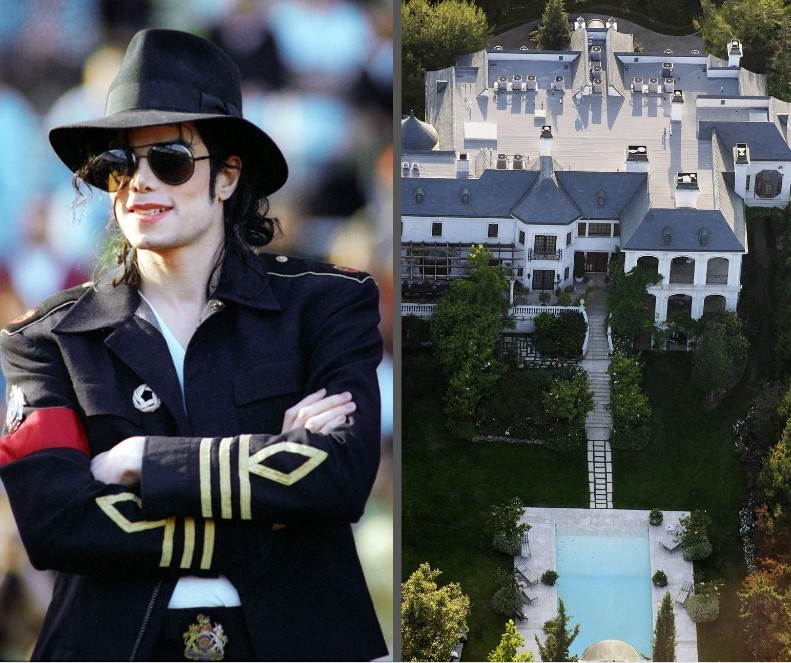In the 1980s, Michael Jackson emerged not only as the “King of Pop” but also as a powerful advocate for racial equality. His influence extended beyond music, reaching into the realms of social justice and activism. Jackson’s work in the 80s played a crucial role in challenging and changing perceptions about race, using his platform to promote anti-racism and unity. This article explores how Michael Jackson contributed to the anti-racism movement of the 1980s, examining his music, public statements, and actions that made a lasting impact on society.
Breaking Racial Barriers in Music
Michael Jackson’s music broke significant racial barriers in the 1980s. His 1982 album “Thriller” became the best-selling album of all time and was a groundbreaking success in a racially divided industry. Jackson’s ability to cross over into mainstream success, despite being an African American artist, challenged the music industry’s segregation.
One of the most iconic moments in music history was the debut of the “Thriller” music video on MTV. At a time when the network predominantly showcased white artists, Jackson’s presence on MTV was a watershed moment. His music videos, including “Beat It” and “Billie Jean,” became some of the first by a black artist to receive heavy rotation on the channel, helping to pave the way for other black artists.
Jackson’s success on MTV was not just a personal triumph but a broader victory for racial equality in the music industry. Before his arrival, MTV had faced criticism for its lack of diversity, with many black artists struggling to gain visibility. Jackson’s breakthrough forced the network to reconsider its programming and opened doors for future generations of artists from diverse backgrounds.
Music Videos with a Message
Jackson’s music videos were more than just entertainment; they carried powerful messages about race and unity. The “Black or White” music video, released in 1991, is a prime example. While slightly outside the 1980s, the video encapsulated the essence of Jackson’s message throughout the decade. It featured people of different races and nationalities transforming into one another, symbolizing racial harmony and equality. The video’s message was clear: despite our differences, we are all part of the same human family.
The video for “Beat It,” released in 1983, also conveyed a strong anti-violence message. Set against the backdrop of gang violence, the video depicted Jackson bringing together rival gangs through the power of music and dance. This visual representation of unity and reconciliation was a subtle yet powerful statement against the racial and social divides of the time.
In “Man in the Mirror,” Jackson used powerful imagery to address social issues, including racism, poverty, and injustice. The video featured scenes of racial conflicts, historical footage of civil rights movements, and images of global suffering. Jackson’s call for self-reflection and change resonated deeply, reinforcing his commitment to social justice and equality.
Humanitarian Efforts and Public Statements
Michael Jackson’s contributions to the anti-racism movement extended beyond his music. He was actively involved in various humanitarian efforts and often used his public platform to speak out against racism. In 1985, Jackson co-wrote the charity single “We Are the World” with Lionel Richie. The song brought together some of the biggest names in music to raise awareness and funds for famine relief in Africa. The collaboration itself was a powerful statement of unity and equality.
Jackson’s acceptance speeches at award shows often included messages of love and unity. He frequently spoke out against discrimination and used his influence to call for an end to racial prejudice. His acceptance speech at the 1988 Grammy Awards is particularly notable. Jackson dedicated his award to the children of the world, emphasizing the importance of breaking down racial barriers for future generations.
Moreover, Jackson’s involvement in the “USA for Africa” project, which produced “We Are the World,” showcased his commitment to using his celebrity for humanitarian purposes. The project not only raised millions for famine relief but also highlighted the importance of global solidarity and collective action in addressing racial and social injustices.
Personal Experiences with Racism
Michael Jackson’s own experiences with racism and discrimination undoubtedly influenced his advocacy. Despite his immense success, he faced racial prejudice and stereotyping. His changing appearance over the years led to intense media scrutiny and unfounded accusations, highlighting the persistent racial biases in society.
Jackson’s response to these challenges was to double down on his message of unity and equality. His personal struggles with racism added authenticity to his advocacy, making his calls for anti-racism resonate more deeply with his audience.
In his autobiography, “Moonwalk,” Jackson candidly discussed the racism he encountered throughout his career. He recounted instances of being denied opportunities because of his race and the constant pressure to conform to certain racial stereotypes. These experiences fueled his determination to break down racial barriers and advocate for a more inclusive society.
Jackson’s personal life also reflected his commitment to racial equality. He maintained friendships and collaborations with individuals from diverse racial and cultural backgrounds, demonstrating his belief in the importance of cross-cultural understanding and solidarity. His interactions with fellow artists, humanitarian workers, and political figures further underscored his dedication to promoting racial harmony.
Legacy and Impact
Michael Jackson’s contributions to the anti-racism movement in the 1980s left a lasting legacy. He used his unparalleled influence in the music industry to challenge racial stereotypes and promote unity. His music, videos, and public statements created a powerful narrative that transcended racial boundaries and inspired millions around the world.
The impact of Jackson’s work in the 1980s is still felt today. His music continues to inspire new generations, and his message of racial equality remains as relevant as ever. In a world still grappling with issues of racism and discrimination, Michael Jackson’s contributions to the anti-racism movement serve as a reminder of the power of music and celebrity in effecting social change.
Jackson’s influence extended beyond the realm of music. His efforts to promote racial equality resonated in various aspects of popular culture, including fashion, dance, and visual arts. His groundbreaking achievements paved the way for future artists to explore and address social issues through their work.
Furthermore, Jackson’s philanthropic endeavors left an indelible mark on the world. His charitable contributions, advocacy for children’s rights, and support for global humanitarian causes exemplified his commitment to making a positive impact. Jackson’s legacy as an artist and activist continues to inspire individuals and organizations dedicated to promoting social justice and equality.
Conclusion
Michael Jackson’s role in the anti-racism movement of the 1980s was multifaceted and profound. Through his music, music videos, humanitarian efforts, and public statements, he challenged racial barriers and promoted a message of unity and equality. Jackson’s legacy as a champion for racial equality continues to inspire and influence, reminding us of the enduring power of his artistry and activism.
As we reflect on Michael Jackson’s contributions to the anti-racism movement, it is essential to recognize the broader context of his work. His efforts were part of a larger struggle for civil rights and social justice that encompassed numerous activists, artists, and ordinary individuals striving for a more equitable world. Jackson’s ability to leverage his fame for the greater good highlights the potential of celebrity influence in advancing social change.
In the years following his passing, Michael Jackson’s legacy remains a powerful testament to the impact one individual can have on the fight against racism. His music, messages, and actions continue to resonate with audiences worldwide, serving as a reminder of the progress made and the work that still lies ahead. As we honor his memory, we are called to carry forward his vision of a world where racial equality and unity prevail.




